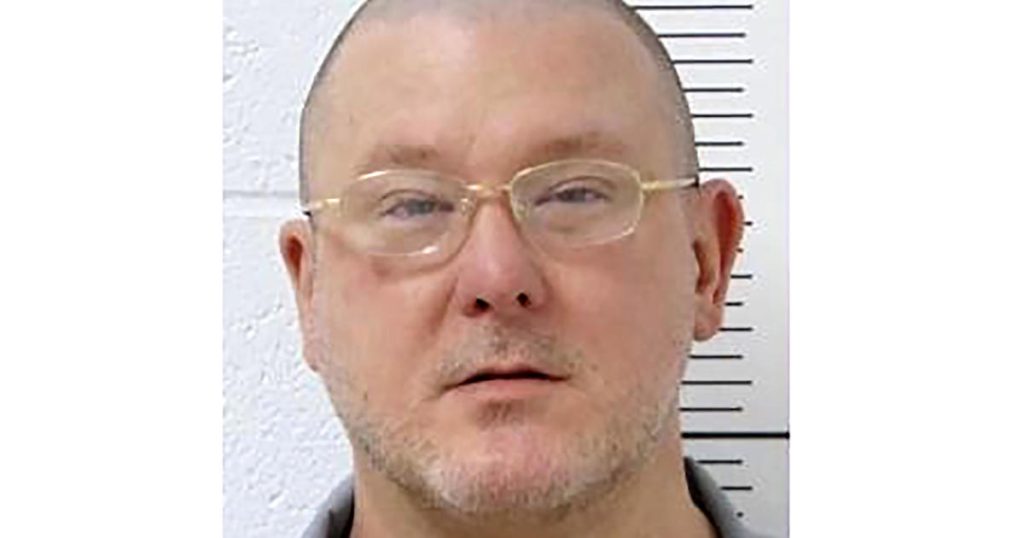Brian Dorsey, a Missouri man convicted of killing his cousin and her husband nearly two decades ago, is scheduled to be executed by injection. Governor Mike Parson denied a clemency request for Dorsey, whose fate now rests with the U.S. Supreme Court. Dorsey’s two pending appeals focus on his record of good behavior in prison and his trial lawyers’ conflict of interest. The lawyers were paid a flat fee that provided no incentive to invest time in his case, leading Dorsey to plead guilty without any guarantee of escaping the death penalty.
Dorsey’s crimes involved the murders of Sarah and Ben Bonnie in 2006. He called Sarah Bonnie seeking money to pay off drug dealers, then went to their home, shot them both, sexually assaulted Sarah, and stole items before attempting to pay a drug debt. Dorsey surrendered to police three days later, after the Bonnie’s 4-year-old daughter was found alone in the home. Dorsey’s attorneys have argued that he suffered from drug-induced psychosis at the time of the crime, but in prison, he has shown remorse and rehabilitation. Dozens of correction officers have vouched for his character and personal growth, arguing that he is not the same person who committed the murders.
The upcoming execution has raised concerns about Missouri’s protocol, which lacks provisions for using anesthetics during lethal injections. Dorsey’s health issues, including obesity, diabetes, and a history of intravenous drug use, could complicate the injection process, potentially requiring a more invasive procedure. A federal lawsuit on behalf of Dorsey argued that the lack of proper anesthesia could violate his religious freedom by causing excessive pain during the execution. A settlement was reached to address these concerns, although the specifics of the changes to the execution procedure were not disclosed.
Dorsey’s case has drawn attention to the issue of flat fee contracts for defense attorneys, which can create conflicts of interest and undermine the quality of legal representation for defendants facing the death penalty. Former Missouri Supreme Court Justice Michael Wolff, who was part of the court that rejected Dorsey’s appeal in 2009, has since acknowledged that the decision was flawed. He highlighted the professional standards against flat fee contracts and criticized the lack of adequate legal representation for defendants in capital cases. Dorsey’s attorneys and supporters have emphasized his efforts at rehabilitation and his commitment to making amends for his crime as reasons for sparing his life.
Overall, Dorsey’s imminent execution underscores broader concerns about the criminal justice system’s treatment of death row inmates, including issues of legal representation, execution procedures, and the potential for rehabilitation and redemption. As his case awaits a final decision from the U.S. Supreme Court, the outcome will have far-reaching implications for the future of capital punishment in Missouri and beyond.















